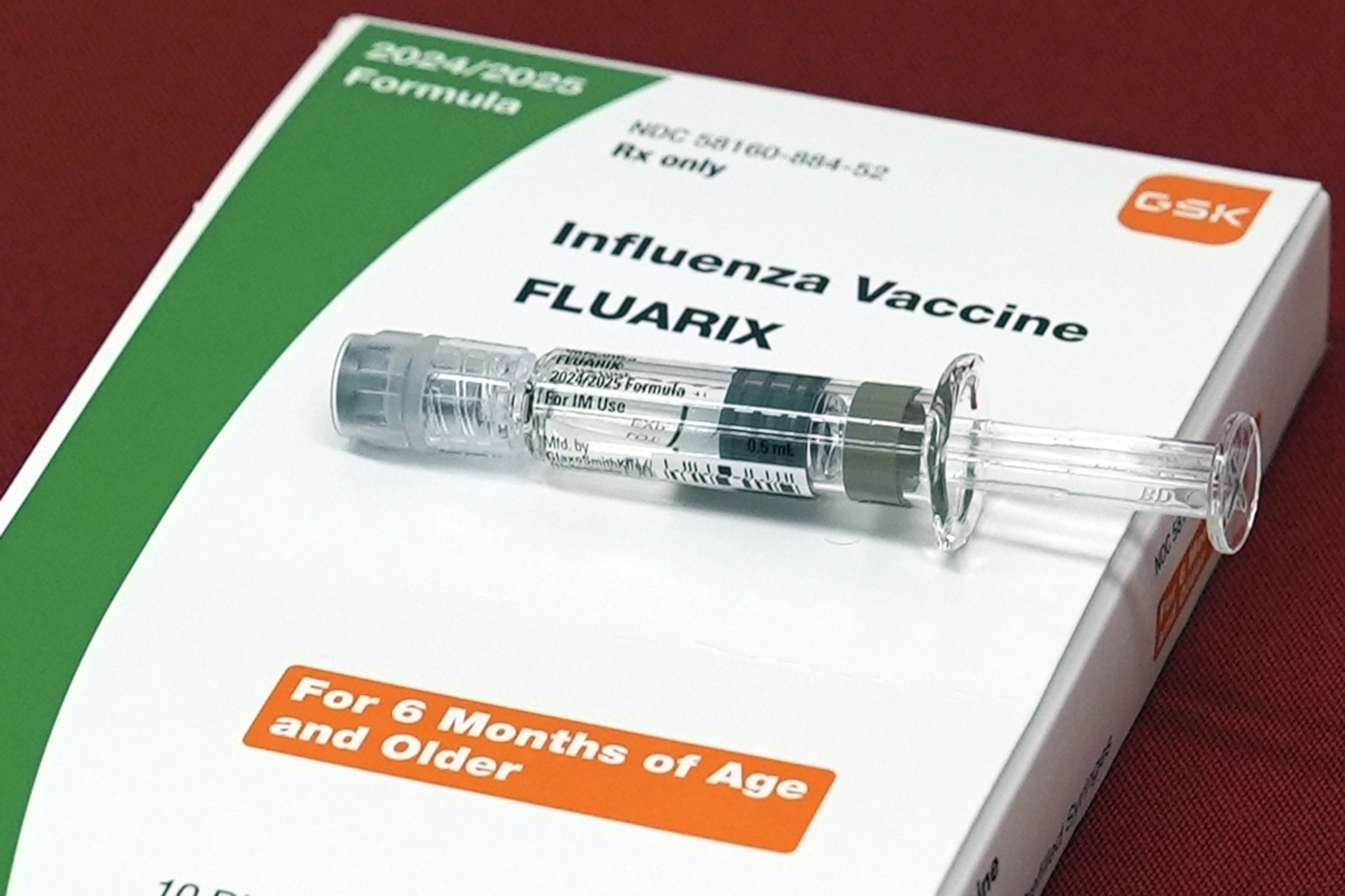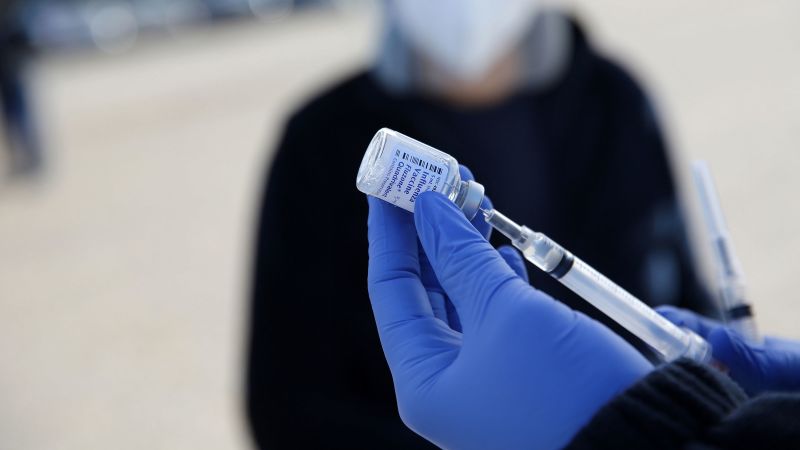In a significant move that has reverberated throughout public health circles, Robert F. Kennedy Jr., the Secretary of Health and Human Services, has announced the removal of thimerosal, a mercury-based
Did You Know
Sharks existed before trees.
?
AD
preservative, from all influenza vaccines distributed in the United States. This decision comes after a panel of experts recommended the change, positioning it as a major victory for anti-vaccine advocates. While thimerosal has been largely phased out in vaccines over the years, its elimination from flu shots underscores the persistent influence of vaccine skepticism in American society.
The Centers for Disease Control and Prevention (CDC) stands firmly behind the safety of vaccines, asserting that there is no evidence linking thimerosal to harm. However, the enduring belief among a segment of the population that it is associated with neurodevelopmental disorders continues to fuel the anti-vaccine movement. With the adoption of this recommendation, some experts fear that it may further legitimize unfounded fears regarding vaccine safety, allowing misinformation to flourish at a time when maintaining public confidence in health measures is critical.
This decisive action not only resonates within discussions on vaccine policy but also brings to light the broader American struggle over health information and public perception. As RFK Jr. leads this initiative to eliminate thimerosal, it highlights the tension between scientific evidence and deeply held beliefs. The move may restrict vaccine options for some, and as debates rage on, the question remains: how will these developments influence future vaccination strategies and the ongoing fight against vaccine hesitancy?
Q&A (Auto-generated by AI)
What is thimerosal and its uses?
Thimerosal is a mercury-based preservative used in vaccines and other medical products to prevent bacterial and fungal contamination. It has been used since the 1930s, particularly in multi-dose vials of vaccines. While it was common in many vaccines, its use has significantly declined in the U.S. since the early 2000s due to concerns about mercury exposure, particularly in children.
Why do some oppose thimerosal in vaccines?
Opposition to thimerosal primarily stems from its mercury content, which some anti-vaccine advocates link to neurodevelopmental disorders, such as autism. Despite extensive research debunking these claims, the fear surrounding mercury has fueled anti-vaccine sentiment and campaigns, leading to calls for its removal from vaccines.
What evidence exists against thimerosal's harm?
Numerous studies conducted by health organizations, including the CDC and WHO, have found no credible evidence linking thimerosal in vaccines to autism or other health issues. Research has shown that thimerosal is safe in the amounts used in vaccines, leading to its gradual phase-out in childhood vaccines to alleviate public concerns, despite the lack of scientific basis for those concerns.
How has public perception of vaccines changed?
Public perception of vaccines has evolved significantly, especially following the 1998 study that falsely linked vaccines to autism. This led to increased skepticism and a rise in anti-vaccine movements. However, as more evidence supporting vaccine safety has emerged, many health experts and organizations have worked to restore public trust through education and outreach efforts.
What role do advisory panels play in health policy?
Advisory panels, composed of experts in various fields, provide recommendations based on scientific evidence to guide health policy decisions. In this case, the panel's recommendation to remove thimerosal from flu vaccines reflects a precautionary approach aimed at addressing public concerns and ensuring vaccine safety, influencing the actions of health officials like Robert Kennedy Jr.















